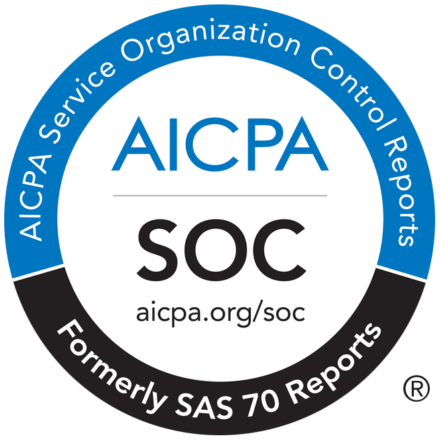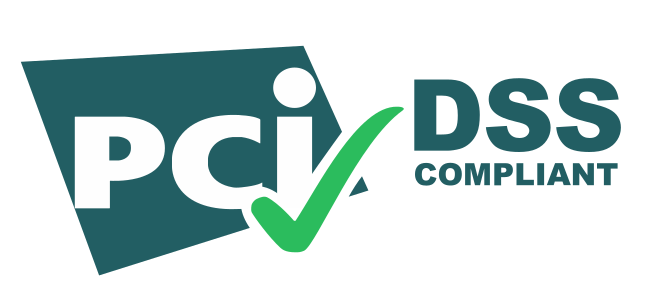Ethical writing is a term used for defining a writing style that is based on a moral code. Original content created by a person is often regarded as a product of ethical writing. Data manipulations, facts falsification, using content from other authors without giving them credit are some unethical routes that writers follow. They take this route for creating shallow content.
All writers do not indulge in unethical practices, but the rising copy-paste instances on the internet are pretty alarming. The amount of copied content and wrong information on the internet is increasing due to a lack of ethical writing practices.
In today’s world, where there is anti-plagiarism software technology, it takes seconds to identify any form of duplicate content. Therefore, not adhering to ethical writing is bound to erode the writer’s reputation because malpractices are easily detected by advanced online plagiarism scanners.
Hence, writers who use unfair means for writing content can be assured that once their wrong intentions are caught with the help of a plagiarism detector they will lose their reputation in the market. Ultimately ruining their career.
Importance of Ethical Writing
People read and learn from various sources. The online arena has become a well-known resource of information. People often use online books, journals, and articles for gaining information or research purposes. Therefore, it becomes vital to maintain the sanctity of the content that is featured or published online. Ethical writing helps in creating trustworthy content for users.
Online plagiarism is a challenging issue that is rising sporadically. Plagiarism is the misuse of information, where the original credit of a text/article is taken by someone else. This can be the result of deliberate manipulation or unintentional errors. However, the rising cases of intentional text manipulations are jeopardizing ethical writing. Hence, it is vital to understand the importance of an ethical writeup.

Ethical writing implies the proper and transparent use of resources. Lucidity is a massive asset when it comes to writing. Unnecessary jargon or complicated sentences make no sense for the readers.
An incomprehensible text is of no significance because it will not be read and/or understood. Thoughts, arguments are articulated so that they can be conveyed to the audience.
The unnecessary use of obtuse language makes it difficult to unearth the meaning or importance of the text. Hence, adhering to an ethical code of conduct is necessary to ensure the readability of the text.
Is Plagiarism a Criminal Offense?
Plagiarism is always associated with ethical writing. Plagiarism itself is often described as an ethical issue rather than a criminal offense. People who violate copyright laws face penal action. However, the presence of plagiarized text does not lead to criminal cases. Thus, ethical writing also becomes a vital factor in avoiding plagiarism.
A professional writer who practices ethical writing will not be inclined to steal the credit of another author through manipulation. Hence, inculcating the idea and habit of ethical writing from an early stage can be regarded as an effective method for discouraging plagiarism among new learners.
The Aspects of Ethical Writing
Plagiarism is the prime aspect of ethical writing. But it cannot be regarded as the only aspect. Several issues come under the purview of ethical content. Some of these aspects are enlisted below:
- It involves the creation of trustable content. It should contain references that are from trustworthy sources. Use of references from online sources that allow public editing is unsuitable for reference purposes.
- Convoluting sentences or using obsolete phrases that add no weight to the text are considered superfluous practices. Hence, discouraged in ethical writing.
- It tends to address a broad spectrum of views. It is an attempt at including multiple perspectives. Hence, using offensive or derogatory terms to any race or community is strictly forbidden in ethical writing.
- Personal inclinations and overt subjectivity is not encouraged in ethical writing. The personal bias of the writer cannot color the opinion expressed in an objective piece of content.
Utility of Anti-Plagiarism Software for Scanning Textual Content
Plagiarism is a problem that cannot be neglected. Undetected plagiarism can distort search engine results. People who deserve credit might not get their due because of the duplicate content floating on the internet. Content scrapers/stealers also make it tough to curb plagiarism.
Software developers have come with a dependable solution for detecting plagiarism.
AI-powered anti-plagiarism software is highly efficient in detecting surreptitious manipulations. People who fail to write ethically pollute the online area with modified content. But with the advanced anti-plagiarism software, it is impossible to avoid plagiarism detection. People cannot be forced to practice ethical writing.
There should be a natural inclination among writers to avoid unethical practices. But writers with good intentions also face plagiarism charges due to unintentional plagiarism. Therefore, as an ethical writer, it is not only important to follow ethical writing practices but also to check the written work with a high-quality plagiarism scanner to detect any inadvertent mistakes.
Some Ways to Remain an Ethical Writer
Apart from using a plagiarism scanner, a writer can use the below tips to remain ethical:
- Writers should provide citations for using another person’s quotations, inference, or ideas. Acknowledging the hard work of the original creator allows the writer to remain ethical towards their profession.
- They should do enough research to come up with a topic that is unique enough. It will help the writer to produce content that is authentic and original in every possible way.
- Writers should start working on a piece at least three months before the deadline. It will help them to do enough research and avoid mosaic or self-plagiarism issues.
Conclusion: Anti-plagiarism software helps to detect plagiarized content. Plagiarism detected with the help of a plagiarism scanner helps writers to maintain protocols while writing. Ethical writing is vital to ensure that dependable content is created for readers. Hence, conducting a plagiarism test is essential to gauge the writer’s ethics who has submitted the content.

